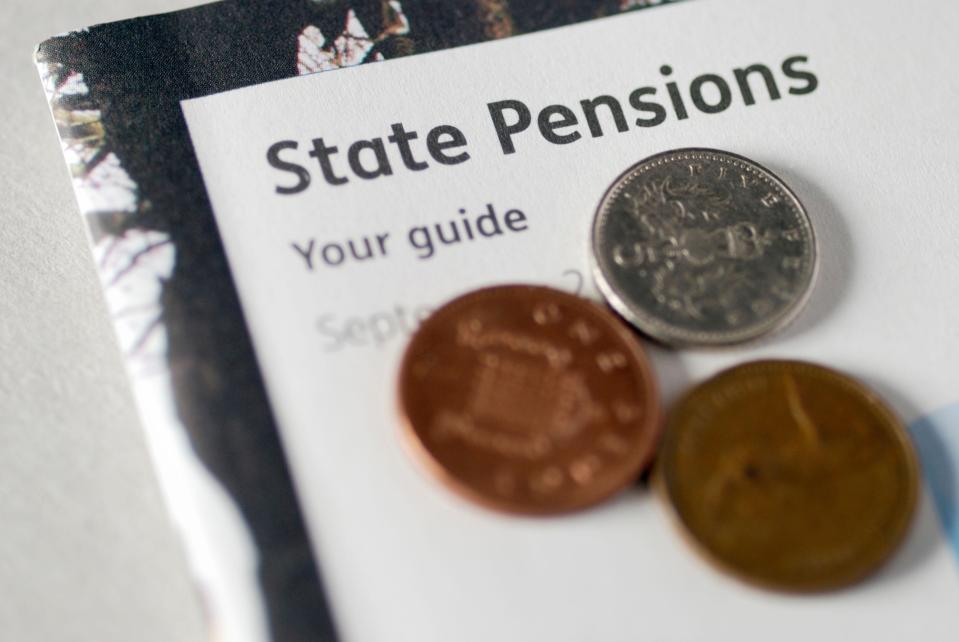Young Brits face working for 50 years and retiring beyond 70 to pay for inflation-busting OAP pensions, new report claims
New retirement age would be above the official life expectancy in 190 areas of England and Scotland

YOUNG Brits face working for 50 years and retiring beyond 70 to pay for inflation-busting OAP pensions, a new report claims.
A cross-party Commons Committee said there was no other way the nation could afford the ‘Triple Lock’ – which guarantees a 2.5 per cent rise in state pensions each year.
It said the official retirement age would have to move to 70.5 by 2060 – meaning people in poorer parts of Britain would miss out on a state pension altogether as they don't live long enough.
The new retirement age would be above the official life expectancy in 190 areas of England and Scotland such as Blackpool, Leicester, Salford or parts of Glasgow.
And the Work and Pensions Committee called on the Prime Minister to scrap Triple Lock altogether by the end of 2020.
They said it would save the Treasury £15 billion a year by 2060 - equivalent to a 4p cut in income tax.
Frank Field, Labour MP and Work and Pensions Committee chair, said: “With the Triple Lock in place the only way State Pension expenditure can be made sustainable is to keep raising the State Pension age.
RELATED STORIES:
“This has the effect of excluding ever more people from the State Pension altogether.
“Such people will disproportionately be from more deprived areas and manual occupations while those benefiting most will be the relatively prosperous.”
The state pension age is currently due to rise from 65 to 66 in 2020, following by increases to 67 in 2028 and 68 by 2046.
Yesterday’s report comes just weeks after the Sun revealed official forecasts that the state pension age could soar to 74 in the early 2060s.
The Office for Budget Responsibility claim went far beyond anything the pensions industry had seen.
Former CBI boss John Cridland two weeks ago warned that a ‘Hard Brexit’ could push up the state pension age by 18 months for under 40s.
The veteran had previously suggested allowing manual workers to “early access” to their state pension because of their lower life expectancy.














